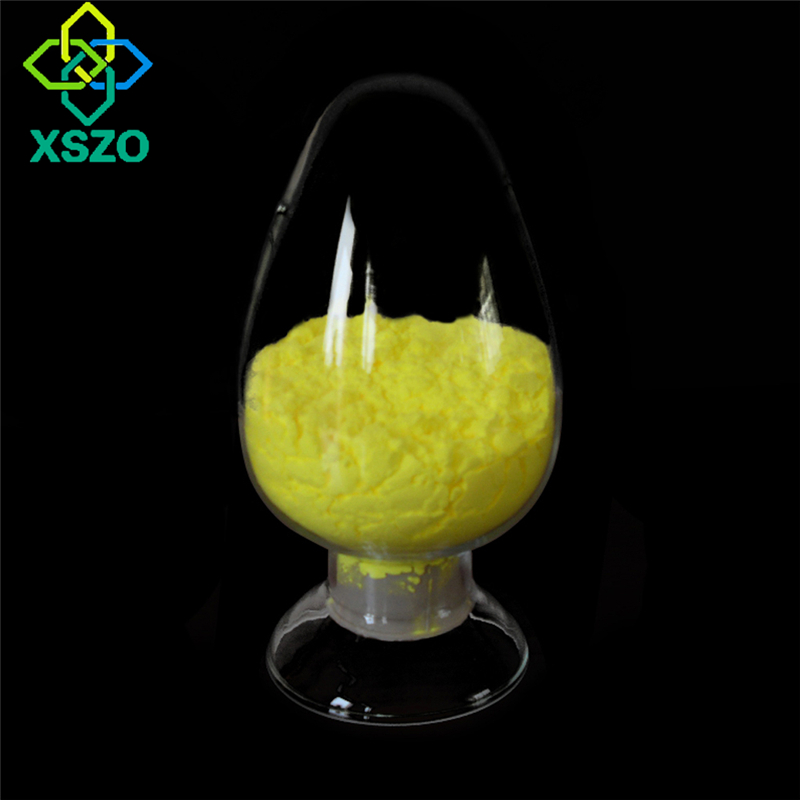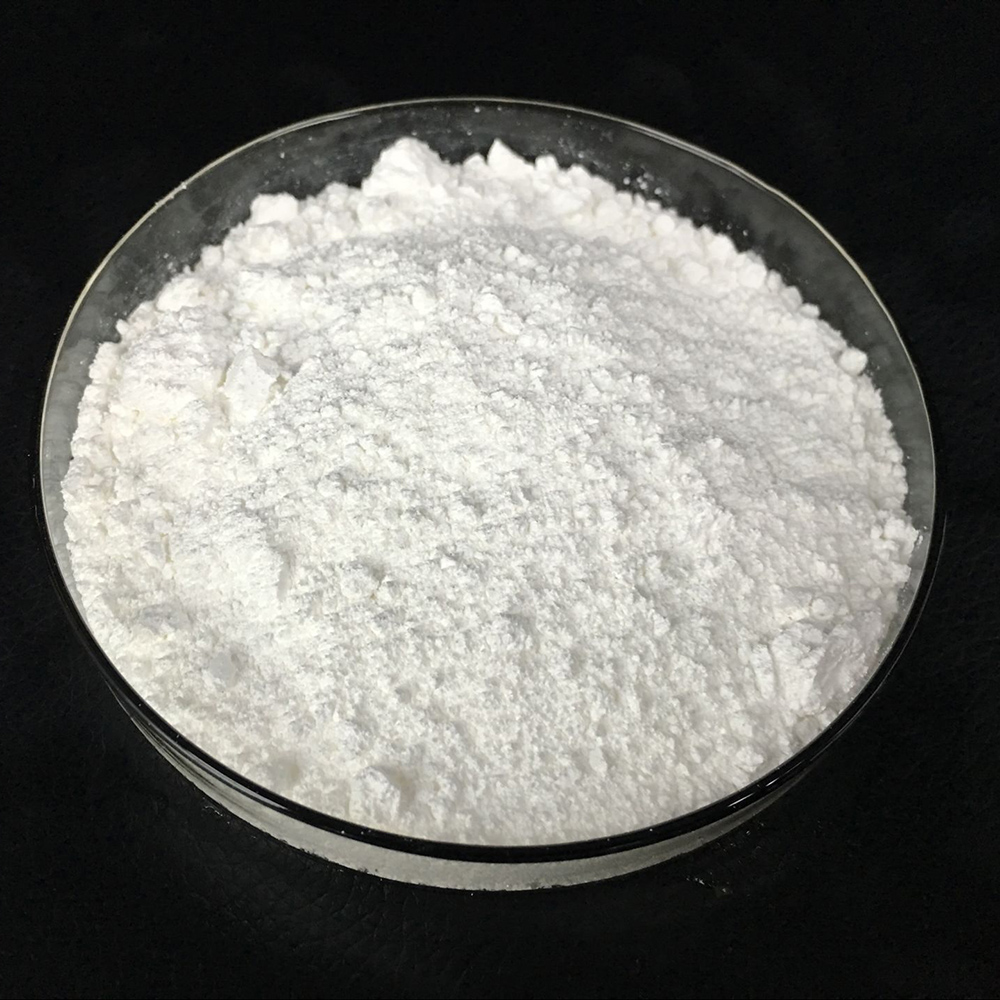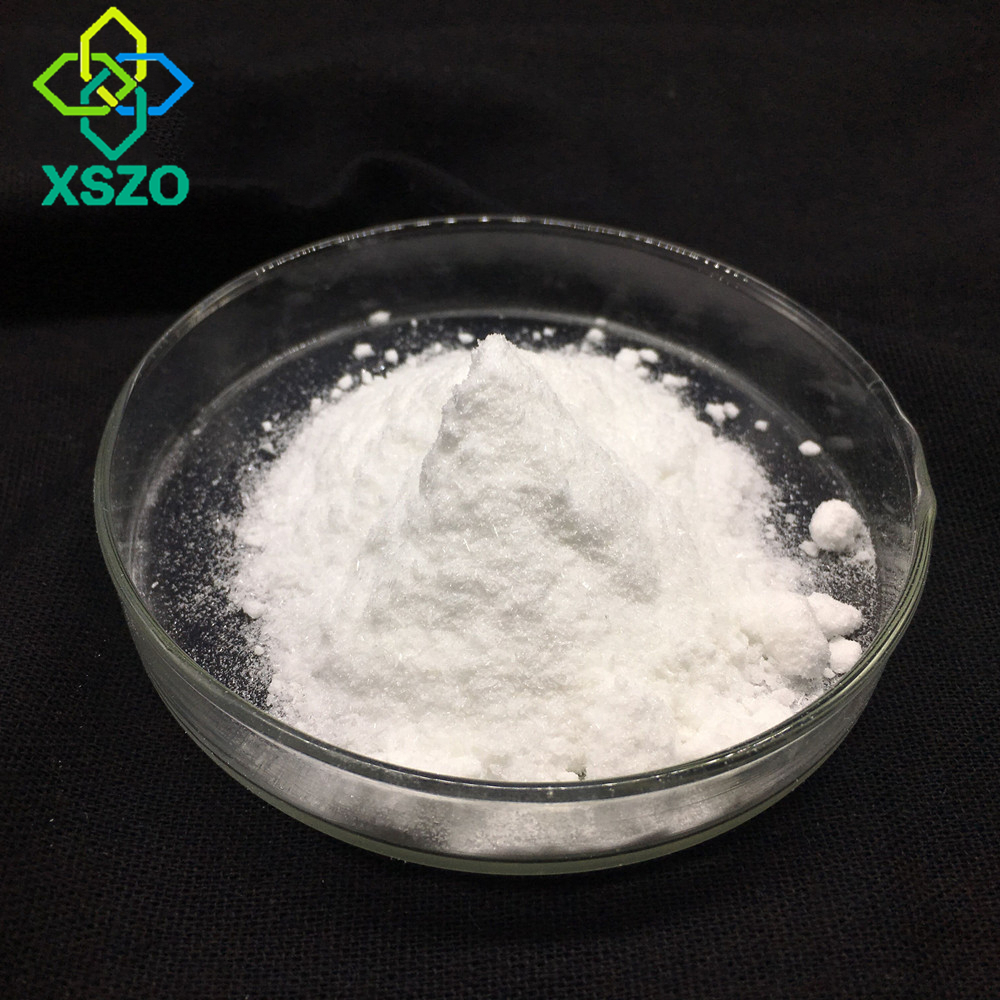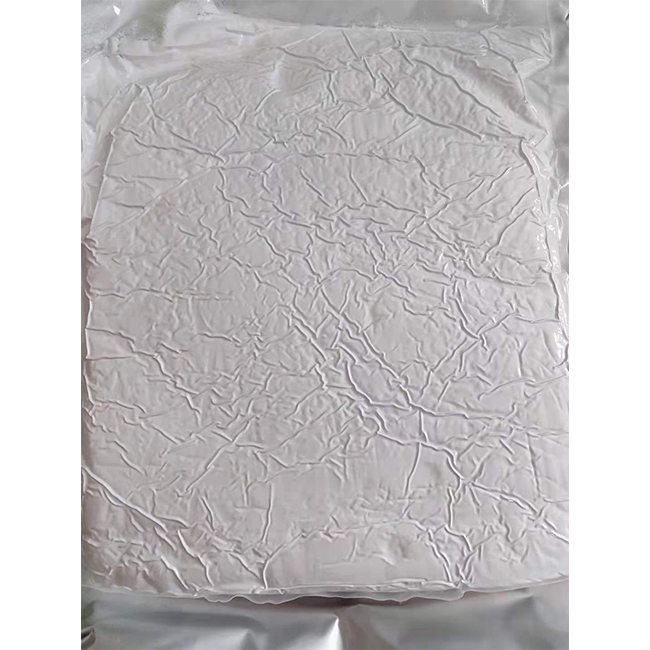Important effects of glutathione in life
2022/01/11
Wheat germ protein also contains a sulfur-containing active tripeptide-glutathione, which is formed by the condensation of three amino acids of glutamic acid, cysteine, and glycine through peptide bonds. The peroxide reaction reduces oxides, protects human cells from oxidative damage, and can deliver the biological functions of amino acids to promote growth and development. It can be seen that the wheat germ is not only rich in protein content, fully balanced in amino acids, but also easily absorbed by the human body. It is a good source of high-quality and full-priced protein. Wheat germ can be widely used to supplement the protein in foods and strengthen the nutritional value of amino acids in foods. , Is a natural high-quality wheat germ protein that also contains a sulfur-containing active tripeptide-glutathione, which is formed by the condensation of three amino acids of glutamic acid, cysteine, and glycine through peptide bonds. Glutathione catalyzes, can react with peroxides, reduce oxides, protect human cells from oxidative damage, and can deliver the biological functions of amino acids to promote growth and development. It can be seen that wheat germ is not only rich in protein content, fully balanced in amino acids, but also easily absorbed by the human body. It is a good source of high-quality and full-priced protein. Wheat germ can be widely used to supplement protein in foods and strengthen the nutritional value of amino acids in foods. , Is a natural high-quality food protein and amino acid enhancer.
Glutathione is a combination of glutamic acid, cysteine and glycine, which has antioxidant effects and integrated detoxification effects. Easy to combine with certain drugs (such as paracetamol), toxins (such as free radicals, iodoacetic acid, mustard gas, lead, mercury, arsenic and other heavy metals), etc., and has an integrated detoxification effect, so glutathione (especially in liver cells) Glutathione) can participate in biotransformation, thereby transforming harmful poisons in the body into harmless substances and excreting them out of the body.
Glutathione is widely present in animals and plants, and plays an important role in organisms. The content in baker's yeast, wheat germ and animal liver is very high, reaching 100-1000mg/100g. It contains 26-34mg/100g in human blood, and higher content in tomatoes, pineapples and cucumbers (12-33mg/100g). The content in sweet potatoes, mung bean sprouts, onions, and shiitake mushrooms is low (0.06~0.7mg/100g). Excessive free radicals produced by body metabolism can damage biofilms, invade life macromolecules, accelerate body aging, and induce the production of tumors or atherosclerosis. Glutathione plays an important role in the body`s biochemical defense system. Aspect of physiological function.
Its main physiological function is to remove free radicals in the human body. As an important antioxidant in the body, it protects the sulfhydryl groups in many molecules such as proteins and enzymes. For example, when a small amount of H2O2 is produced in the cell, GSH is in glutathione. Under the action of peptide peroxidase, H2O2 is reduced to H2O. It is oxidized to GSSG, and GSSG is reduced by H into GSH under the action of glutathione reductase existing in the liver and red blood cells, so that the scavenging reaction of free radicals in the body can continue.








